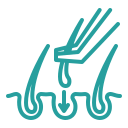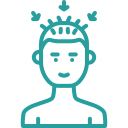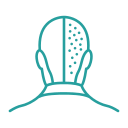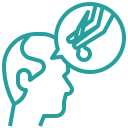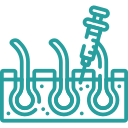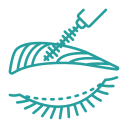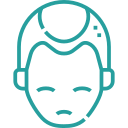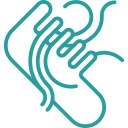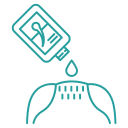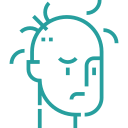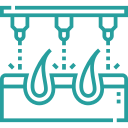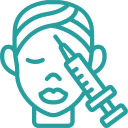Hair Loss Medication
Overview
Effective treatments for various types of hair loss are available. You might be able to rebound hair loss, or at least slow it. With some circumstances, such as patchy hair loss (alopecia areata), hair may regrow without treatment within a year. Let us mention that treatments for hair loss include medications and surgery.
Here are a few medicines that can help you treat various types of hair loss:
- Rogaine (Minoxidil)- Minoxidil is known to deal with inherited hair loss and is available in chemist shops and can be acquired without a prescription. Since it is to be locally applied it can be sprayed or rubbed on the scalp twice a day.
- Propecia (Finasteride)- These pills also known to treat inherited hair loss can be obtained with a proper prescription and are to be taken once a day only.
- Avodart (Dutasteride)- These capsules are best to treat androgenic alopecia and are to be taken once a day only.
- Aldactone (Spironolactone)- Spironolactone can be used by women to deal with thinning hair and restore hair thickness. It is to be taken once or twice a day as prescribed by the physician.
- Oral Contraceptives- They can be used by women to treat hair loss. Only pills that have a low androgen index are the most effective ones. Dosage is to be taken as prescribed by the physician.
- Latisse (Bimatoprost)- It is an effective medicine that can be used by women to facilitate hair growth on the scalp. Two to three drops can be applied on the target region twice a day to stimulate hair lengthening and growth.
- Hair Regrowth Treatment shots- These are recommended for both men and women to deal with hair thinning and hair loss. They are to be taken once in 3 months to naturally stimulate hair growth.
Dr. Gaurang Krishna and his team is dedicated towards providing the best possible treatments for the patients. We suggest you to book a consultation first and let us together plan a customized treatment for you!
Frequently Asked Questions
Shampooing regularly really helps keep your hair and scalp healthful and is irrelevant to hair loss. On the other hand, colouring. perming or relaxing
your hair regularly can harm your hair, which can ultimately lead to losses. Hair appliances that use heightened heat, like blow dryers and curling irons, can also lead to impaired hair and breakage, which can look like baldness. While you can adjust how you care for your hair, once a hair follicle is damaged. Hair cannot grow from that follicle.
Yes, poor nutrition can induce hair loss. Especially, 4 vitamin deficiencies affect hair health, containing vitamin D. biotin. vitamin A and
iron. For example, if you've recently begun a crash diet. it could be the cause of your loss.
When it comes to hair disorders, a dermatologist is who you ought to see They are the professionals in diagnosing and treating hair disorders. The sooner you find the source of the issue, the better your probability of getting the results you want.
Yes, it works! The transplanted hair is removed from the back of the scalp (donor site) and moved to the bald site (recipient site).
The transferred tissue is not “rejected” as it is not foreign tissue. The transplanted hair retains its characteristics; texture, colour, growth rate, and curl, after transplantation and re-growth.
Looking for guidance?
Book a consultation today and clear all your doubts with MedLinks!
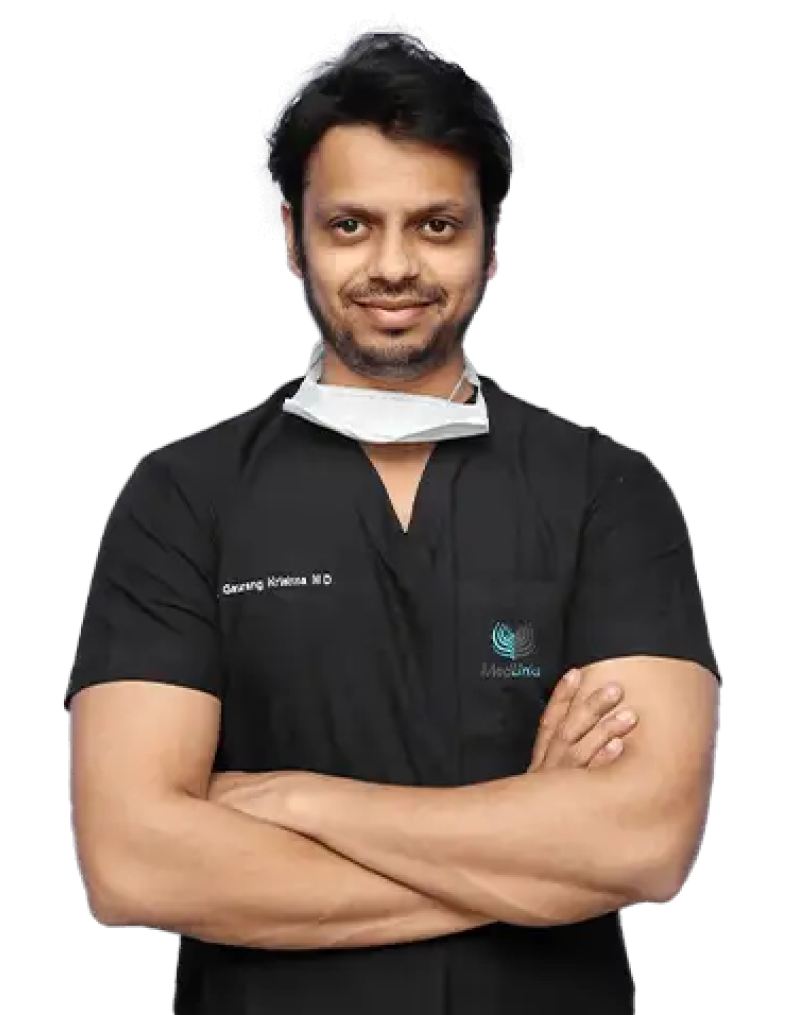
Looking for guidance?
Book a consultation today and clear all your doubts with MedLinks!






